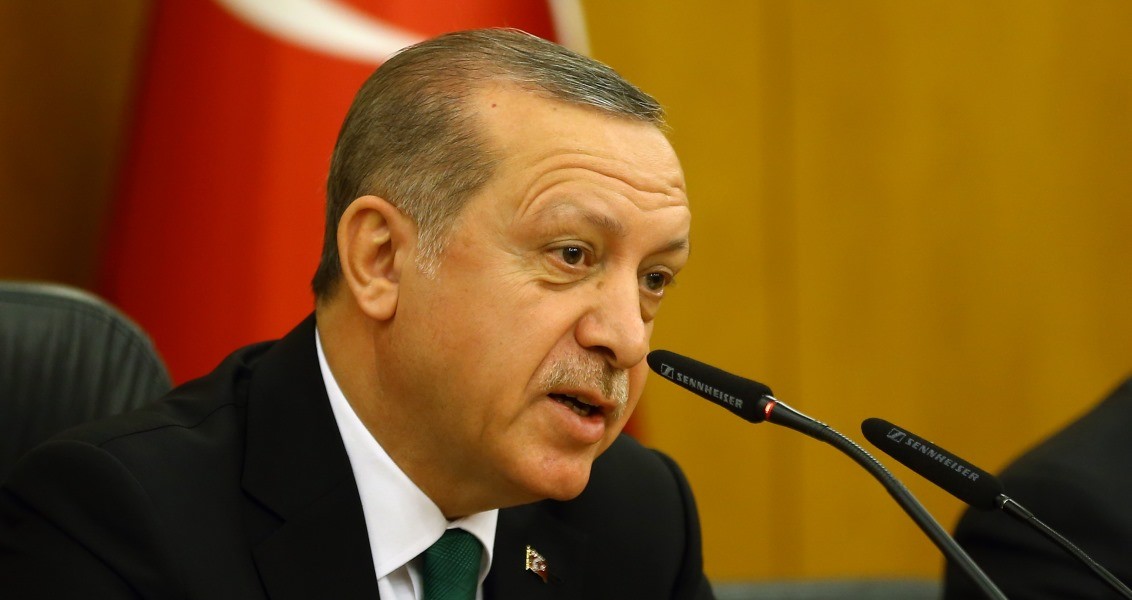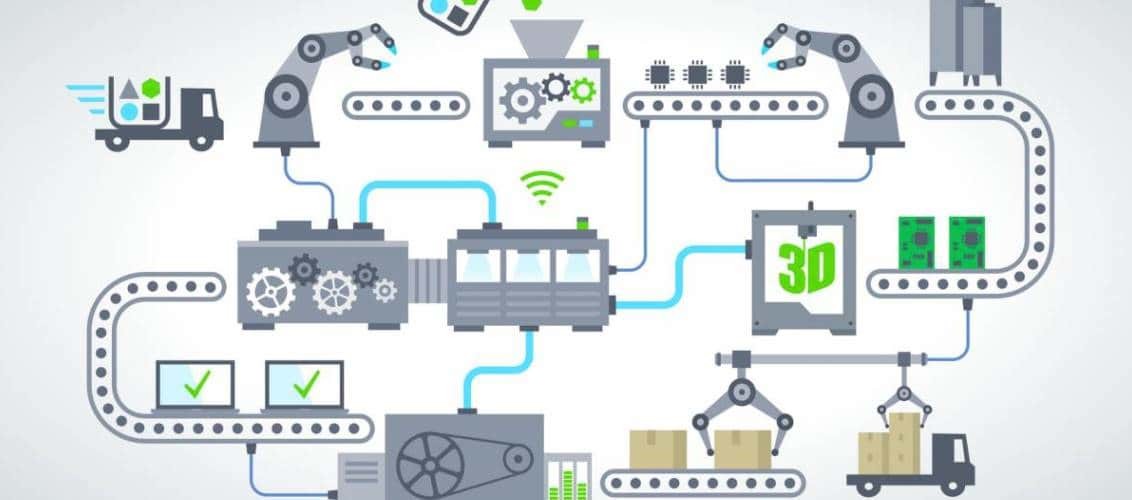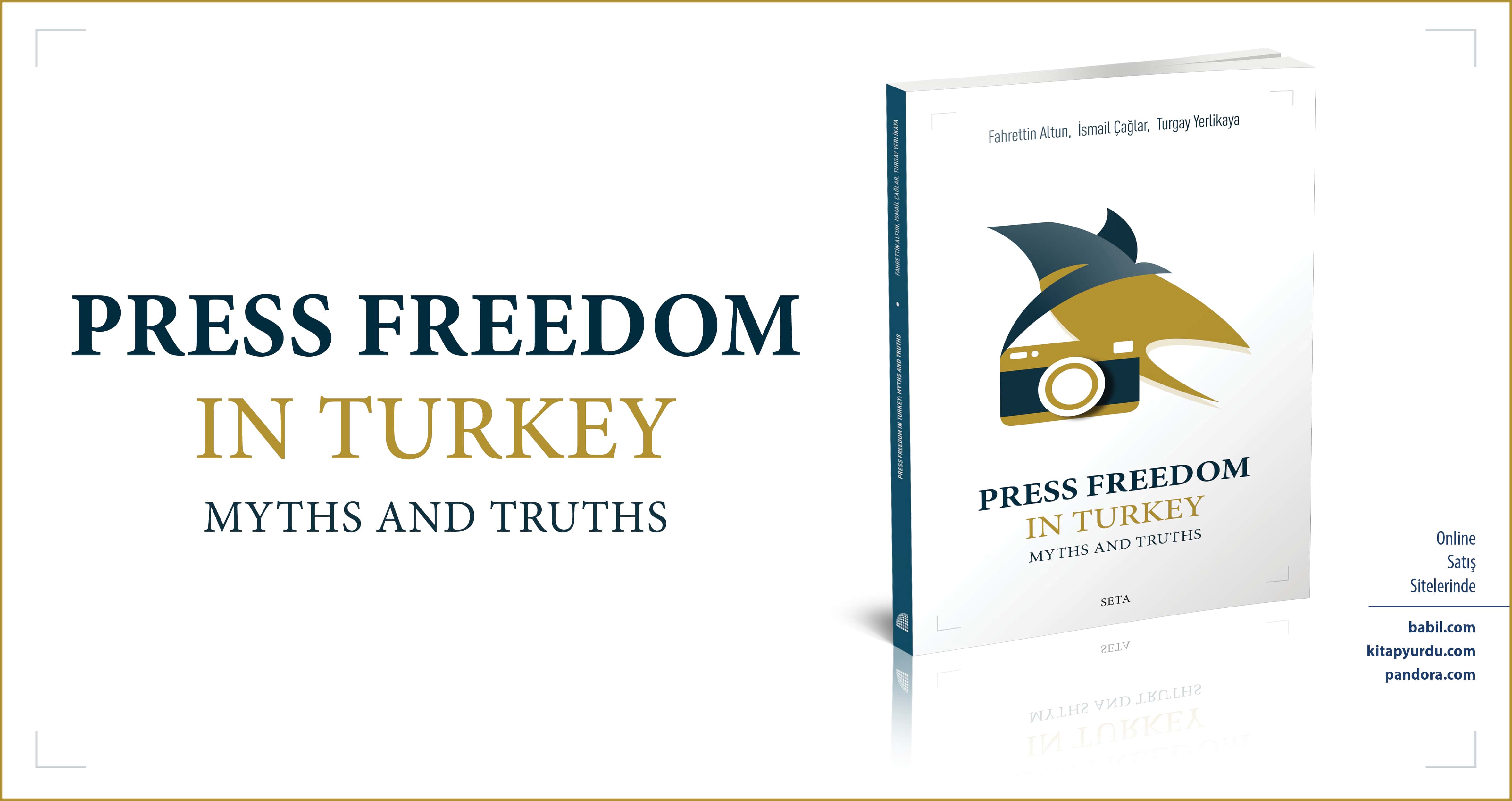The heated debate surrounding the monetary policy choices of the central bank and rapidly falling value of the lira vis-a-vis the dollar in recent weeks triggered a search for a new and production-oriented economic governance paradigm in Turkey. This is good news as the existing policy framework derived from the International Monetary Fund (IMF) stabilization program in the early 2000s placed undue emphasis on the preservation of financial stability to promote growth through the influx of international capital ato the financial sector, service sectors and construction-real estate activity. Despite Turkey's uninterrupted growth performance throughout the first decade of the 2000s, a structural change in the macroeconomic governance paradigm was required to shift priority to the modernization of industrial-technological infrastructure by promoting private investment and research and deavelopment activity without compromising macroeconomic stability.
In contrast to the presumptions of the orthodox discourse on globalization, there is no single "economic rationality" or standard development policy package that could spur sustainable growth in highly different national settings with unique political and entrepreneurial cultures. In this context, state transformation under the conditions of modern economic competition occurs to increase levels of both the "regulative" and "transformative capacity" of state institutions in tandem with the key players from the private sector and nongovernmental organizations representing civil society. It is widely accepted that the comprehensive regulatory reforms completed under successive Justice and Development Party (AK Party) governments considerably increased the "regulative capacity" of the Turkish state and consolidated a robust "regulatory state" in European standards. This was conceivable as the main priority of macroeconomic policy makers was to avoid a repetition of the acute financial crises from the past decades and maintain the inflow of international funds thanks to a stable and predictable financial framework.
Yet, despite long-term political stability and massive investments into public transport infrastructure, health, education and social services, desired improvements in the "transformative capacity" of the Turkish state could not be accomplished in the same period. Low rates of national savings kept dependency on the influx of foreign capital intact for new investments and large-scale manufacturing companies preferred to work via international partnerships and imported technology while small- and medium-sized enterprises continued to experience financing difficulties that restricted their research and development and expansion prospects. Therefore, in view of the need to foster the slowing growth rate there was an urgent need to realize a paradigmatic change in the main priorities of macroeconomic governance. The structural transformation action plan gave the first concrete indications of a radical push for the real economy and manufacturing-oriented growth acceleration movement by public actors. Yet, time will tell whether the Turkish state has gathered enough "transformative capacity" under the AK Party governments to convince the key actors from the private sector - especially leading Turkish Industrialists and Businessmen Association (TÜSİAD) members - to participate in a long-term strategic developmental compact.
One major caveat here concerns the deeply-embedded links between global conglomerates in various sectors and the TÜSİAD-led large-scale bourgeoisie, which hampers attempts aimed at various forms of "neoprotectionism" for international competitiveness. Occasionally rising political tension between President Recep Tayyip Erdoğan, the AK Party government and the so-called "captains of industry" also constitute a psychological barrier for productive collaboration in the economic realm. However, Turkey somehow needs to create a public-private synergy around a comprehensive industrial-technology policy that takes into account the








